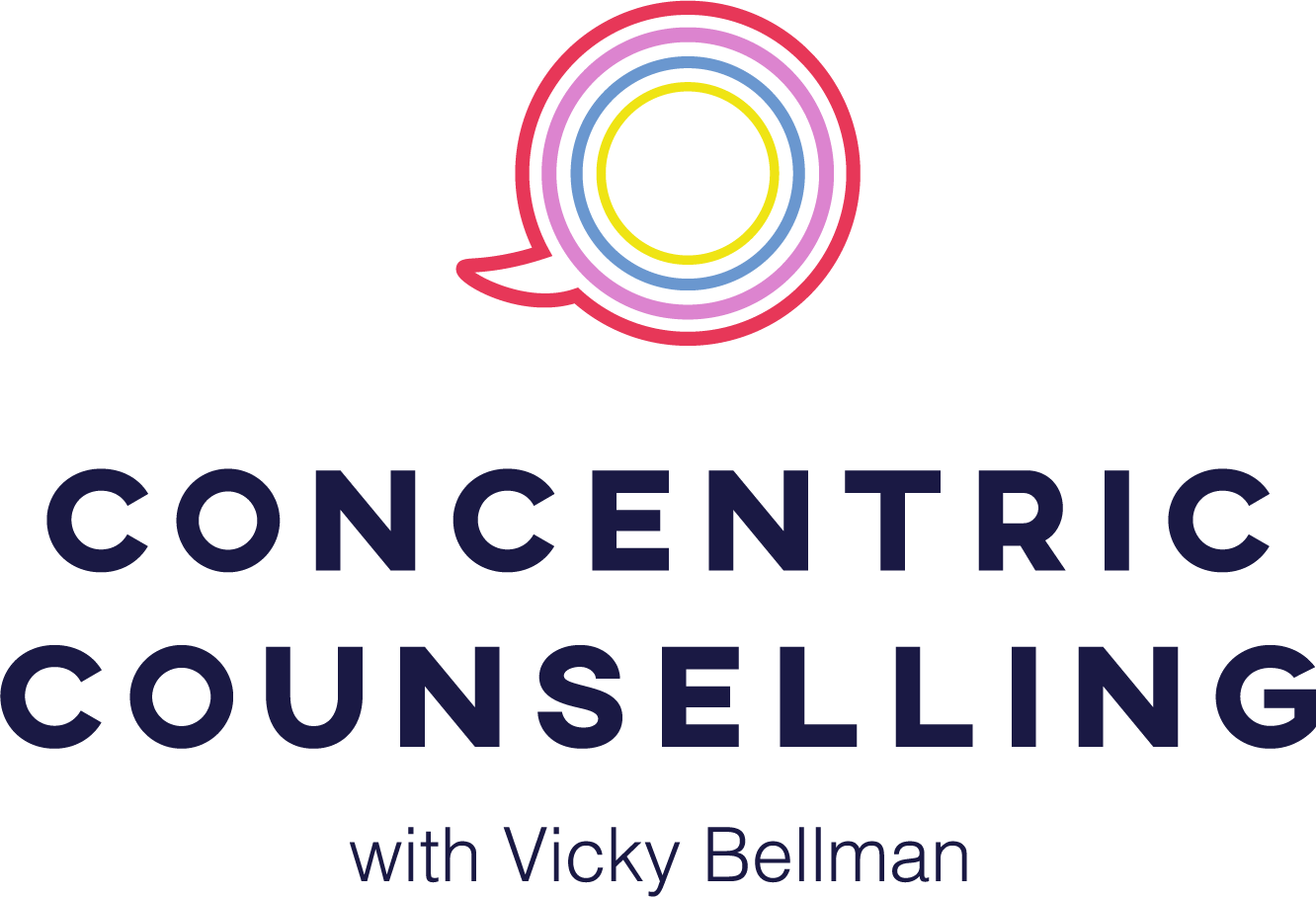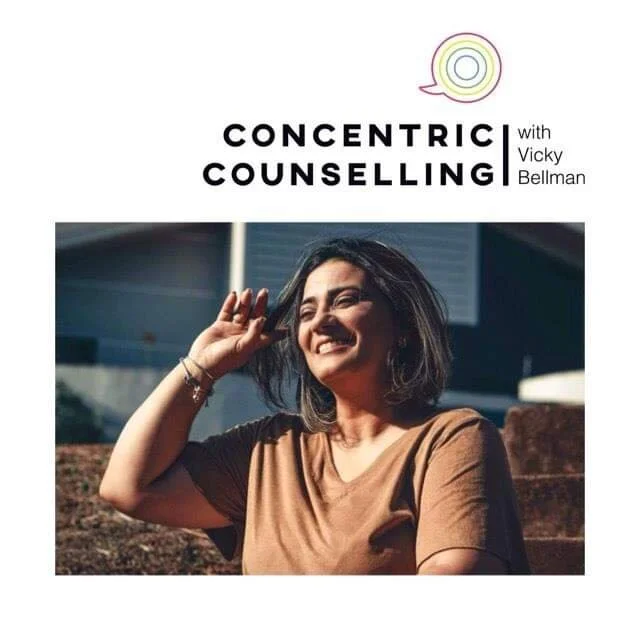Three ways in which compassion can support our mental health #mhaw17
To mark this year's Mental Health Awareness Week, I've been considering their focus this year, on how we can thrive instead of merely surviving. This theme reminded me of the wonderful Maya Angelou quote, and so here is my second in a series of short blog posts exploring the different components of Dr Angelou's statement, and how incorporating these elements into our lives can lead to improved emotional and mental health. Today, I'm focusing on the value of compassion.
“My mission in life is not merely to survive, but to thrive, and to do so with some passion, some compassion, some humour, and some style”
COMPASSION MAKES US FEEL GOOD
Compassion is similar to altruism or empathy, but is the specific response when we perceive suffering, and often includes not just an emotional reaction, but also action. Research shows again and again that when we give, we feel good; in fact, we feel as good as when we receive from others. The generous nature of compassion, either through our emotional and spiritual response, or through action, activates the 'pleasure centres' in our brain, and releases the same feelgood hormones that we associate with romance, sex, or chocolate. These hormones raise our motivation and energy levels, and raise our general level of wellbeing.
COMPASSION BROADENS OUR PERSPECTIVE
When we are feeling depressed, stress or anxious, we can become preoccupied with ourselves. We turn our thoughts over and over, worries swirl around in our heads and we find ourselves focusing on our own experience, sometimes at the expense of our relationships with others; in doing this, we can often find that our own suffering is amplified and we feel more pressure. When we extend compassion, and allow ourselves to connect with others in a positive way, we broaden our emotional horizons - considering the feelings and thoughts of another, and giving us some perspective to our own experience. In doing this, even when our experiences can greatly vary, we can focus on the commonalities that we share with others. By caring for another person, we are able to shift our attention away from ourselves and our problems; in that act, we find that our own wellbeing is elevated.
COMPASSION CULTIVATES TOLERANCE
Compassion is characterised by a non-judgmental acceptance for someone else's challenges or distress; by caring for someone else and having the benefit of some emotional distance, we can see their reactions and coping strategies in the context of their experience, even if their response is sometimes dysfunctional. And, when we get into the habit of extending compassion to others, we find it easier to apply compassion to our emotional experience. So often we give ourselves a hard time for feeling challenging emotions or distress, when we wouldn't dream of doing the same to another person going through the same experience. By accepting the full experience of someone else, and not judging them for it, we develop tolerance for our own, often complex, thoughts and feelings.
A TIP TO HARNESS YOUR COMPASSION TO IMPROVE YOUR MENTAL HEALTH
Set yourself the challenge of, every day, engaging in a random act of kindness. It could be small and simple, such as buying a coffee and sandwich for a homeless person or donating to a charity. It could be more personal, such as sending a loved one a little handwritten card, or dropping in on a friend or neighbour that you know would appreciate the company. Sometimes, opportunity will present itself - how about helping to pack the shopping of the parent in front of you that's struggling with a tired, grumpy child? Before you know it, you will be selectively attending to ways in which you can help others. Random acts of kindness make us feel happier, more satisfied, valued, and valuable; by changing someone else's day, you will soon realise that you can change your own.
If you have been affected by any of the issues raised in this post, and think that counselling would help, do please contact me. For more details, or to arrange an initial consultation, call me on 07419 190930 or hello@concentriccounselling.com.












